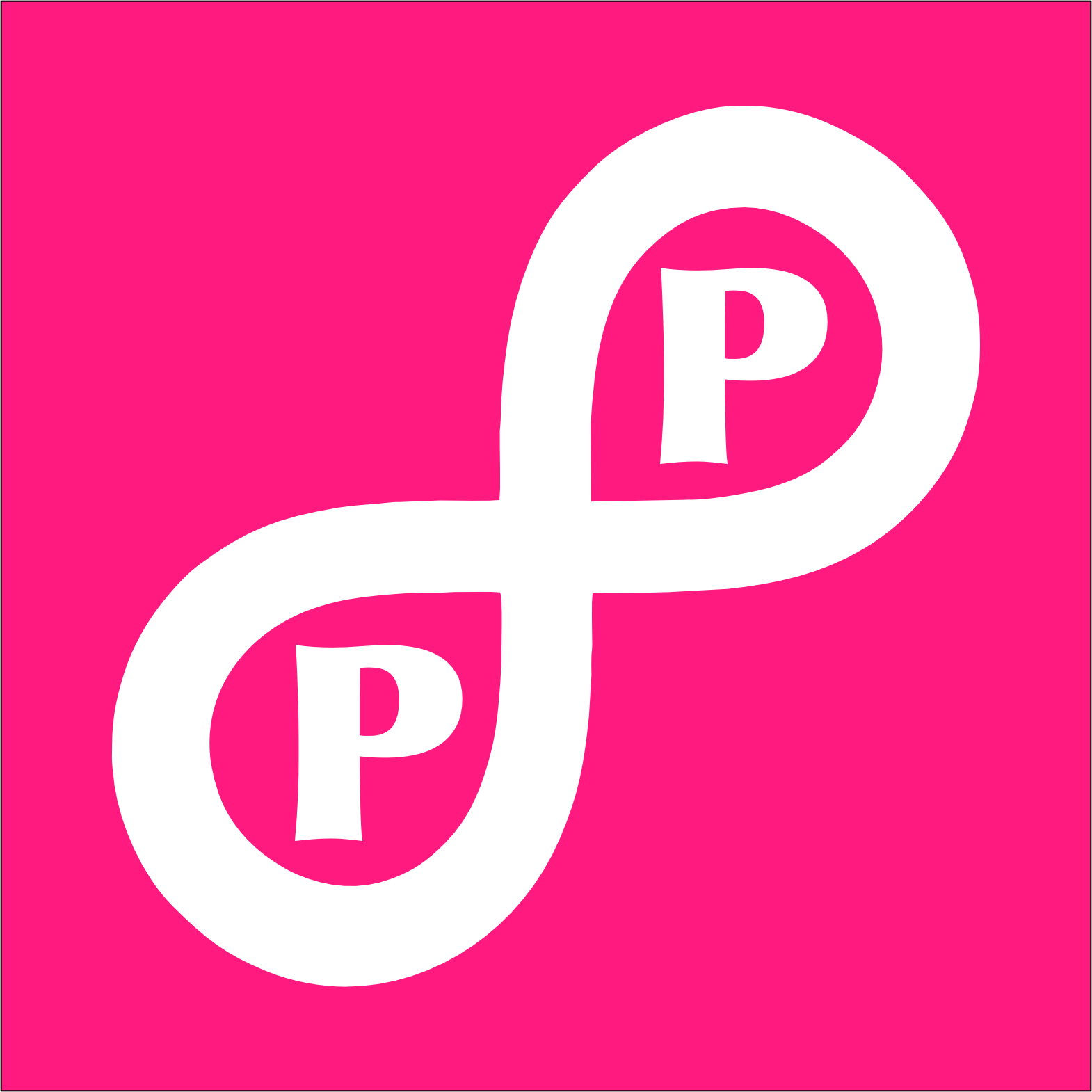Grit & Quit (Paradox Pair #77)
All obstacles are not equal, and sometimes those obstacles are signposts that we are pursuing the wrong destination altogether.

We appreciate the results of our own labor above that of others, a finding captured in the IKEA Effect. This is partly due to the reward we perceive from completing the task at hand. We know from our exploration of Headway & Recoil and Tacking & Course-setting that our path to the finish line is usually iterative. A postmortem of our finished work depicts the winding journey necessary to overcome unforeseen obstacles, unexpected bugs, and poor judgement. However, all obstacles are not equal, and sometimes those obstacles are signposts that we are pursuing the wrong destination altogether.
When our progress is halted we rely on our grit to find a solution and continue our advance forward. We require a healthy dose of tenacity, of course, for without it we'd abandon our work when things get difficult. It's grit that allows us to stick with a challenge and pursue a new solution when the task suddenly turns harder.
"The credit belongs to the man who is actually in the arena, whose face is marred by dust and sweat and blood; who strived valiantly; who errs, who comes again and again, because there is no effort without error and shortcoming"
-Teddy Roosevelt
Whether the effort is worth it is a question we may not ask often enough. When properly evaluated, grit should allow us to stick with only those tasks that are truly worthwhile. Without an honest appraisal the societal bias against quitting will keep us working on tasks that are not valuable. We are quick to rationalize why our exertion is valid, falling victim to the sunk cost fallacy or worrying that if we stop we may be unhappy.
We recognize that future waste is far more expensive than past waste, and therefore quitting is a valid decision. Quitting is recognition that our time is precious, that we are making a choice in where we place our efforts. Quitting is leaning into our uncertainty where it can lead us to more happiness and more meaning. Quitting is about reversing the declining value in our work and cutting our losses. Quitting marks a definitive border between toil and fulfillment.
When we meet our next obstacle on a worthwhile task, our grit will see us through. If meaning is much harder to articulate, than this obstacle is a clear indicator that it's time to call it quits.
The Paradox Pairs series is an exploration of the contradictory forces that surround us. A deeper study finds that these forces often complement each other if we can learn to tap into the strength of each. See the entire series by using the Paradox Pairs Index.




